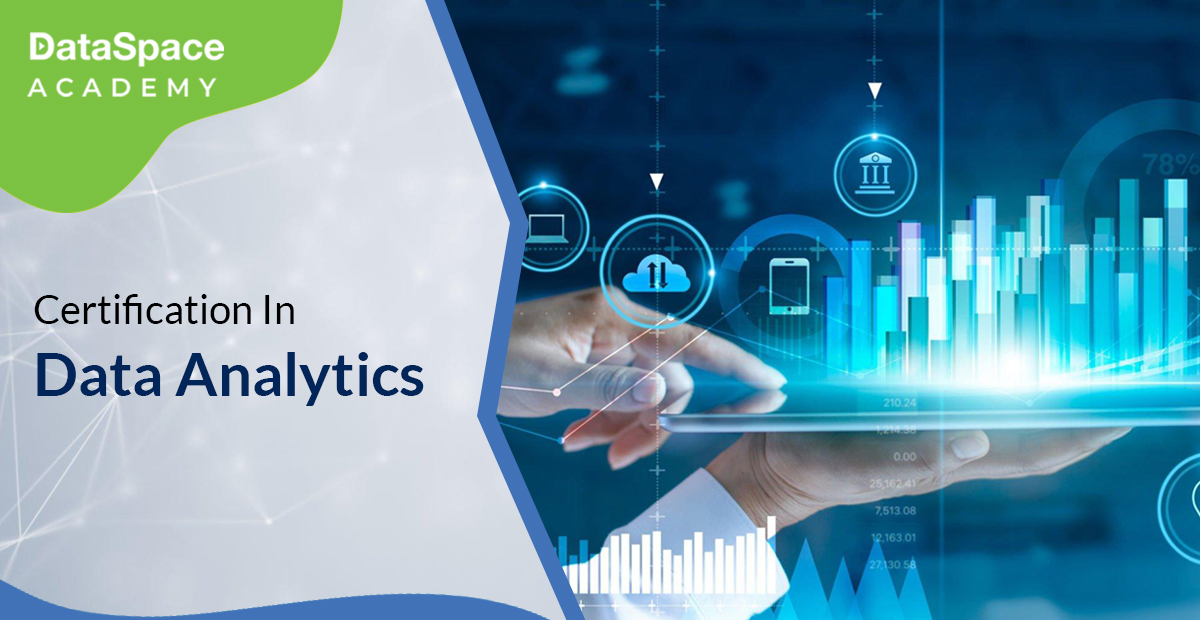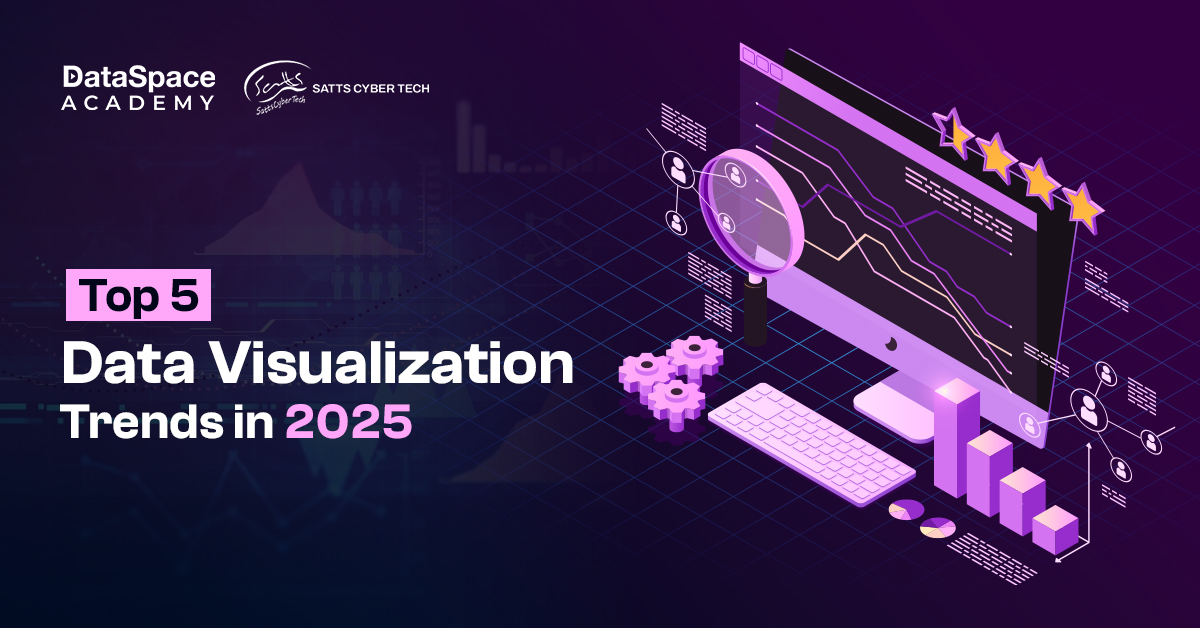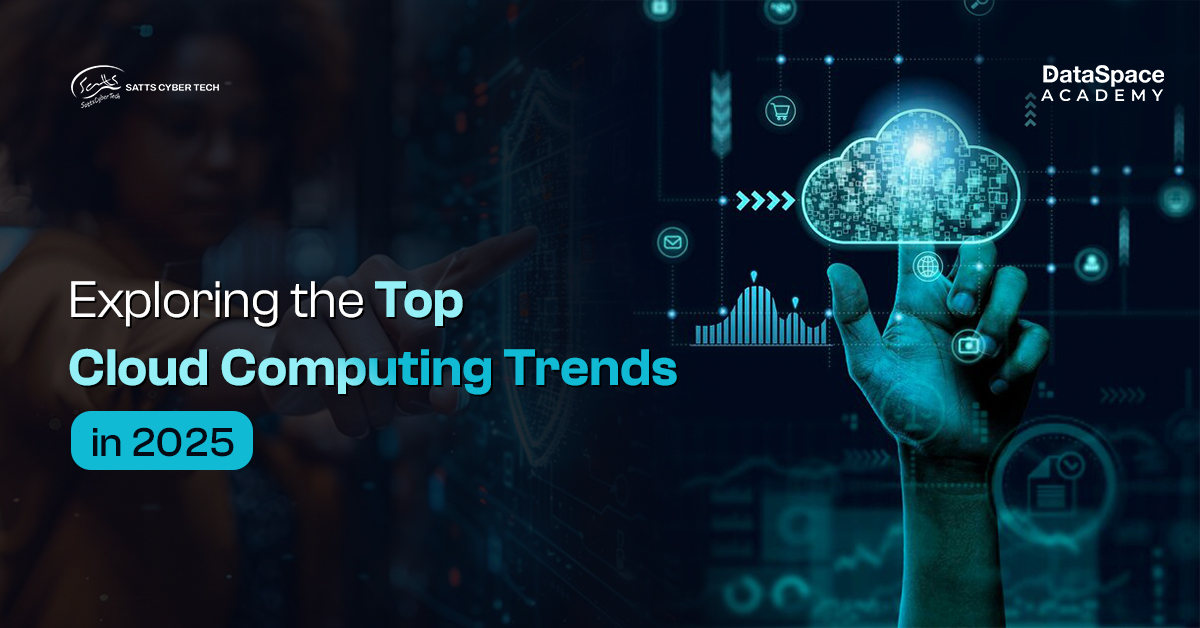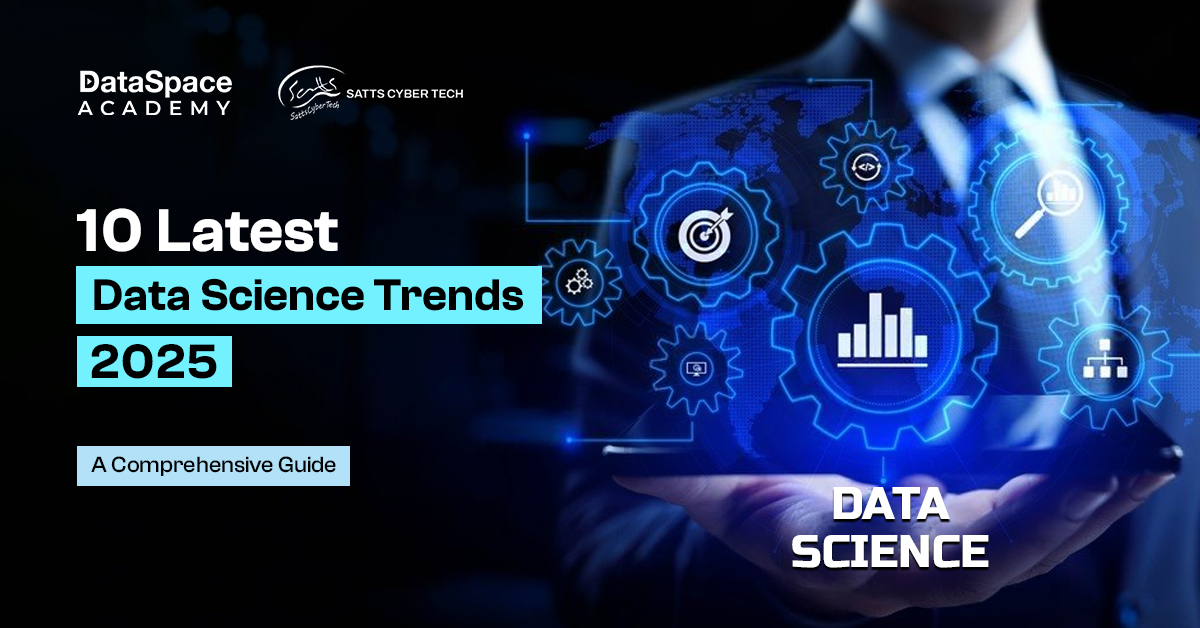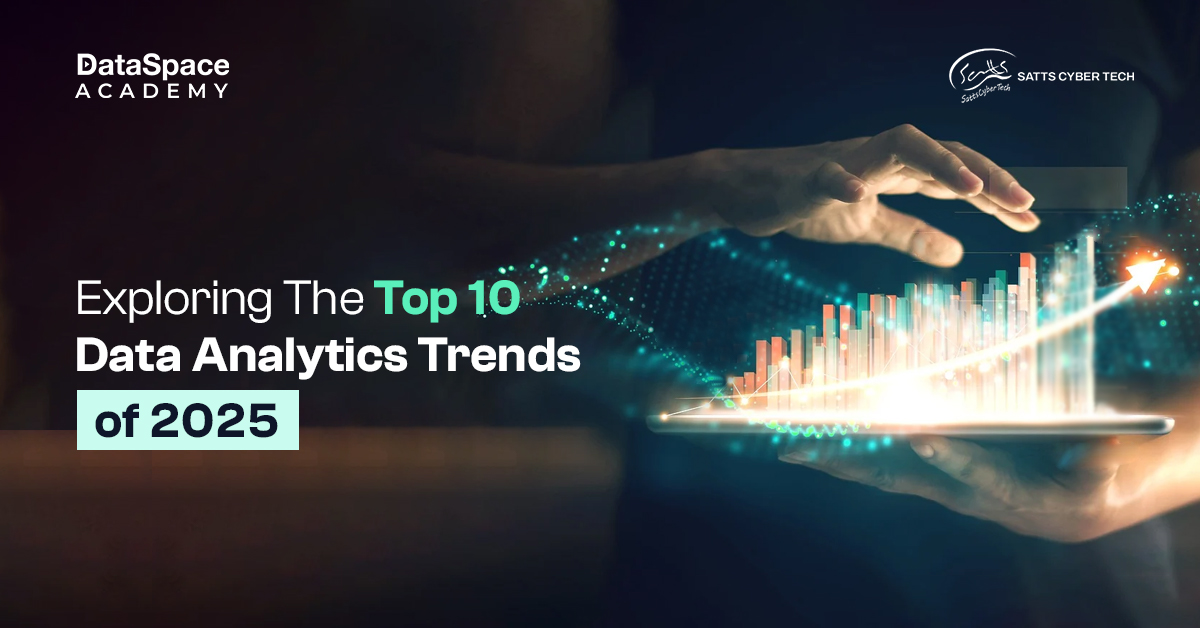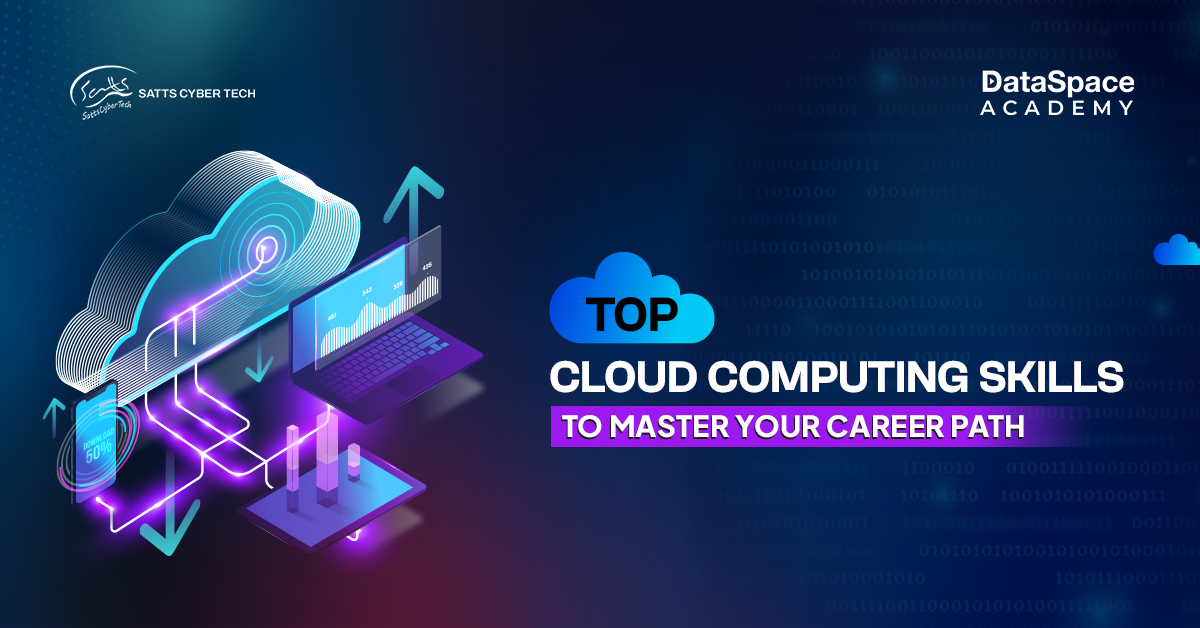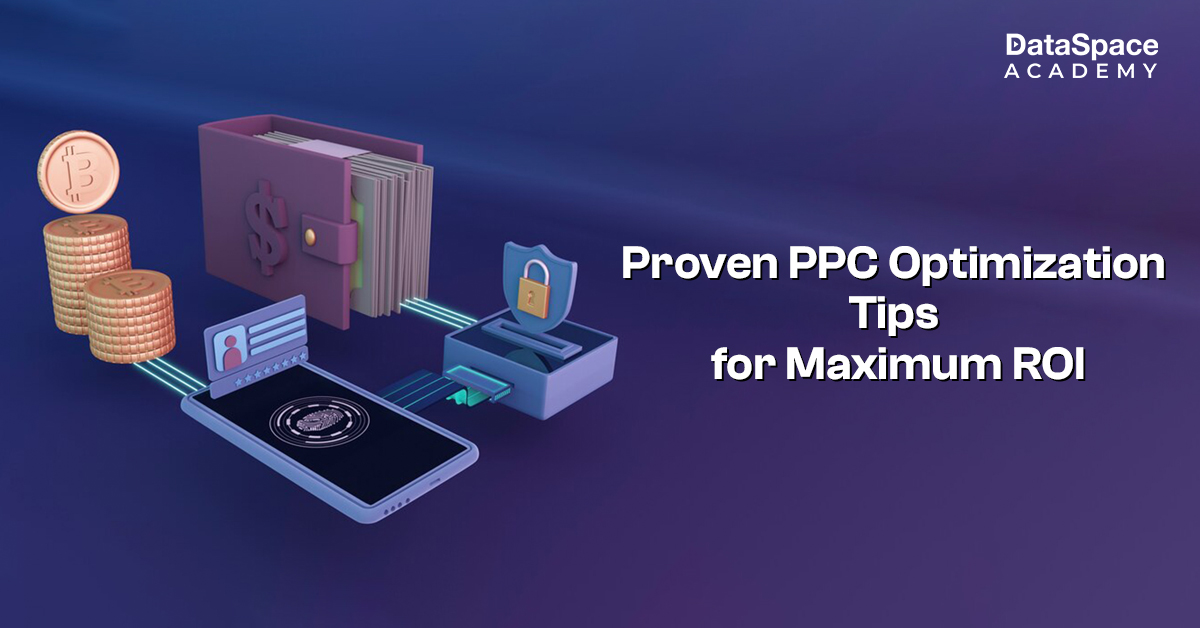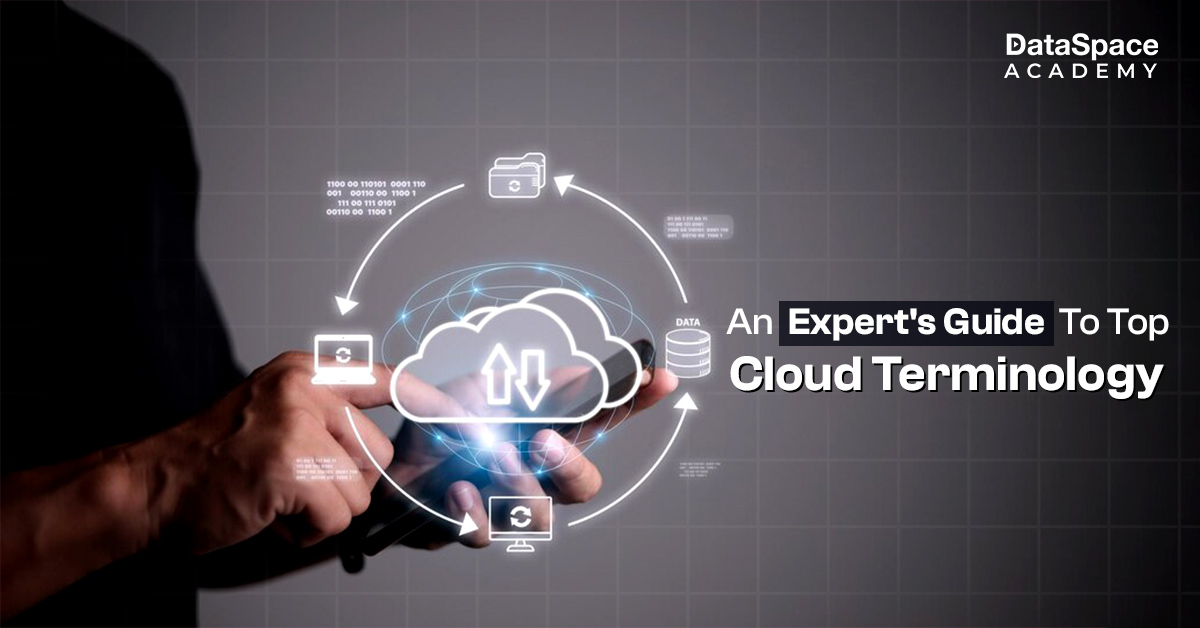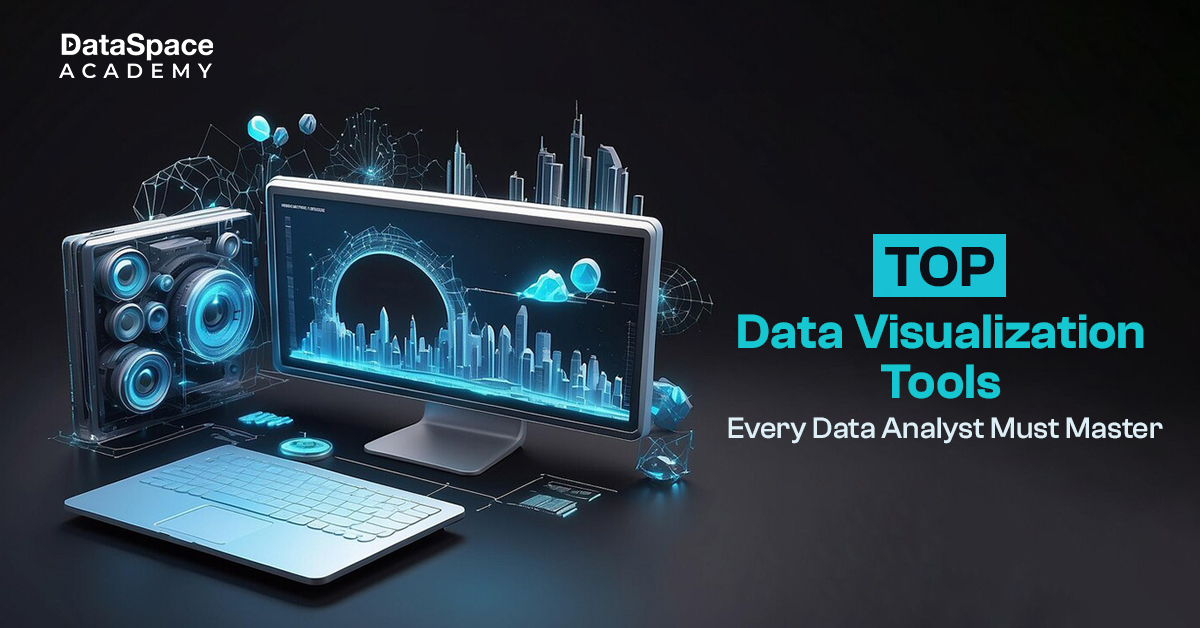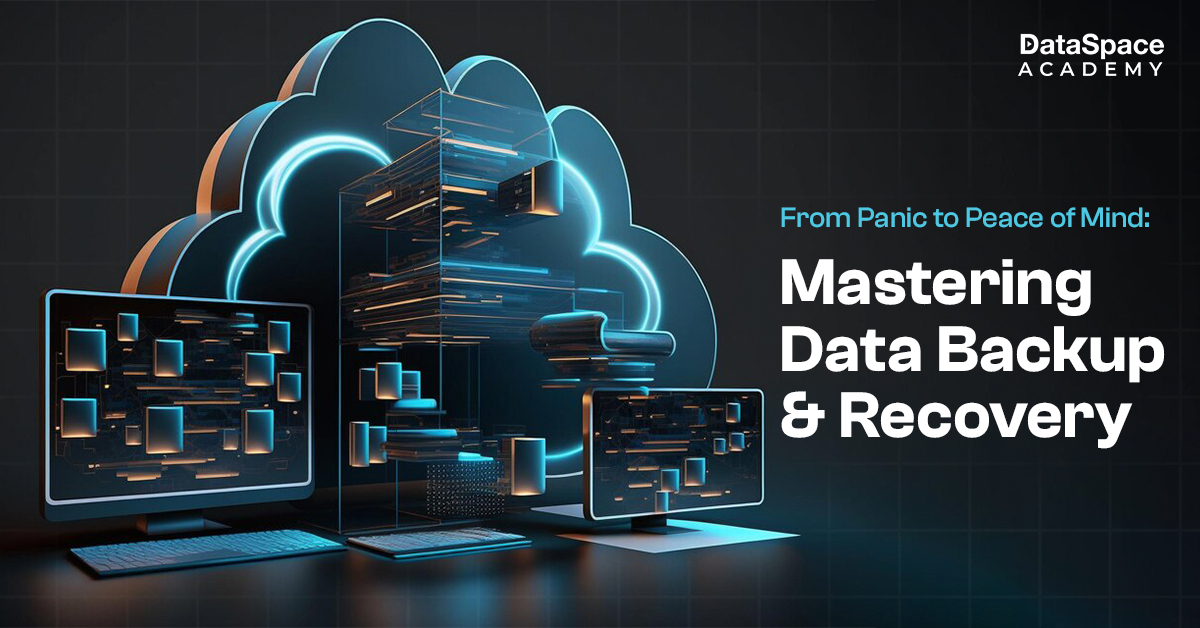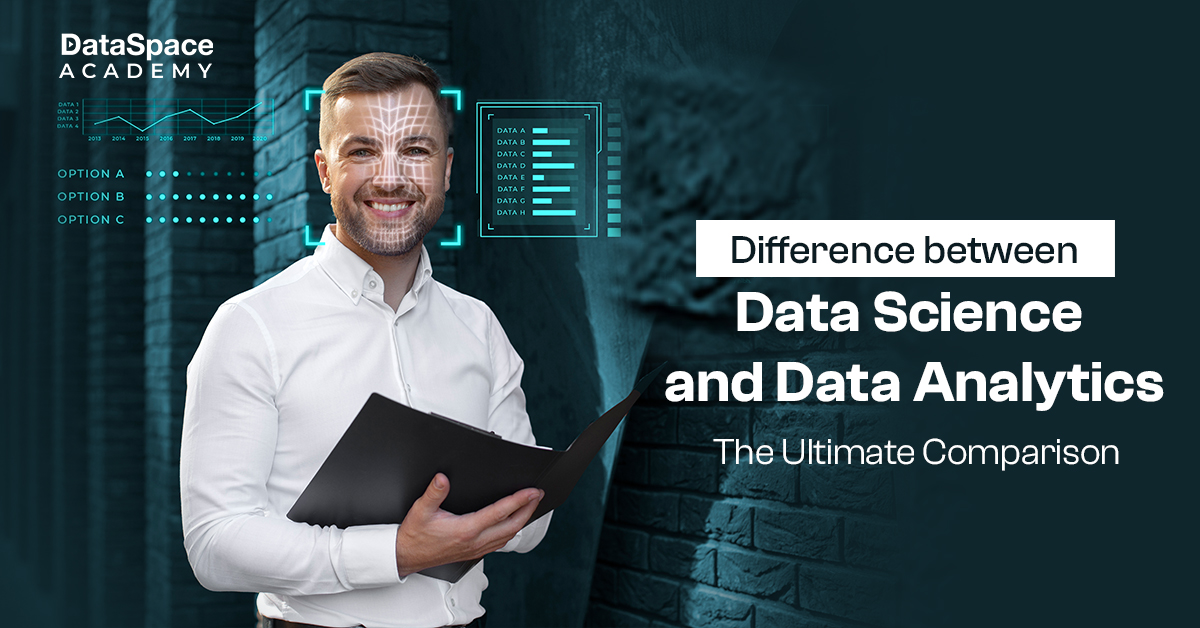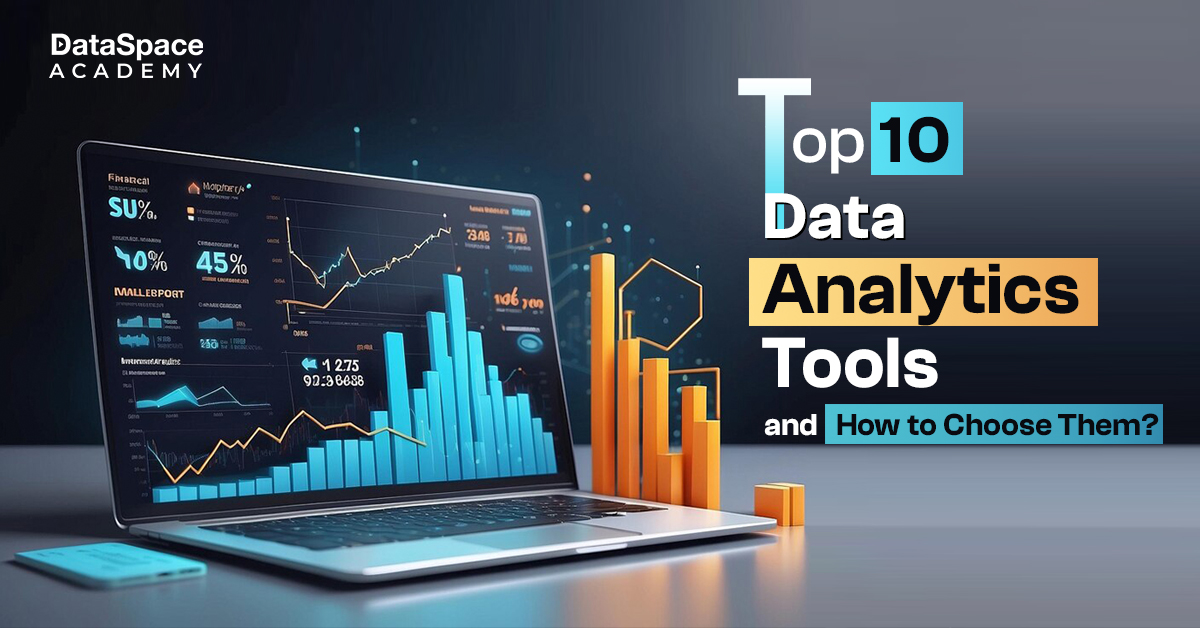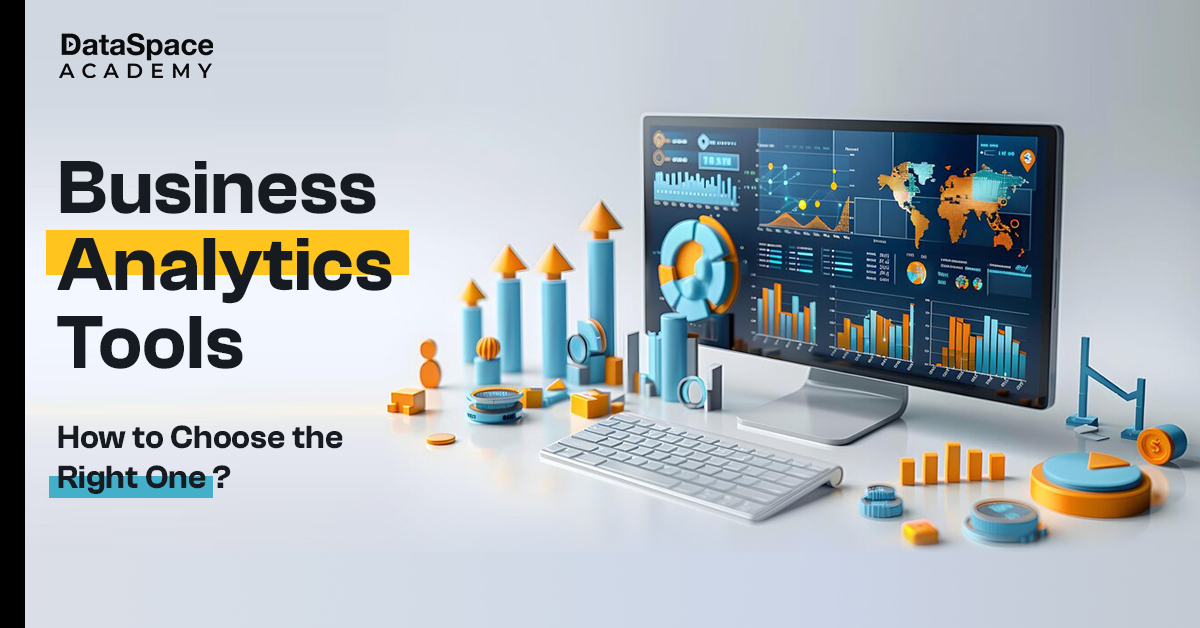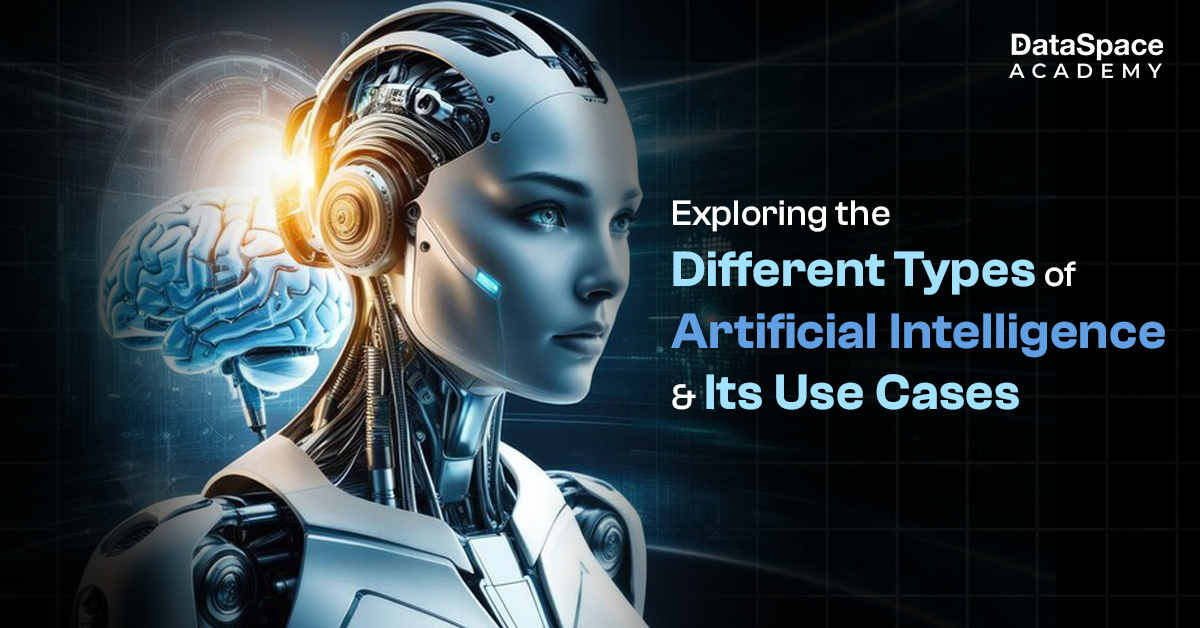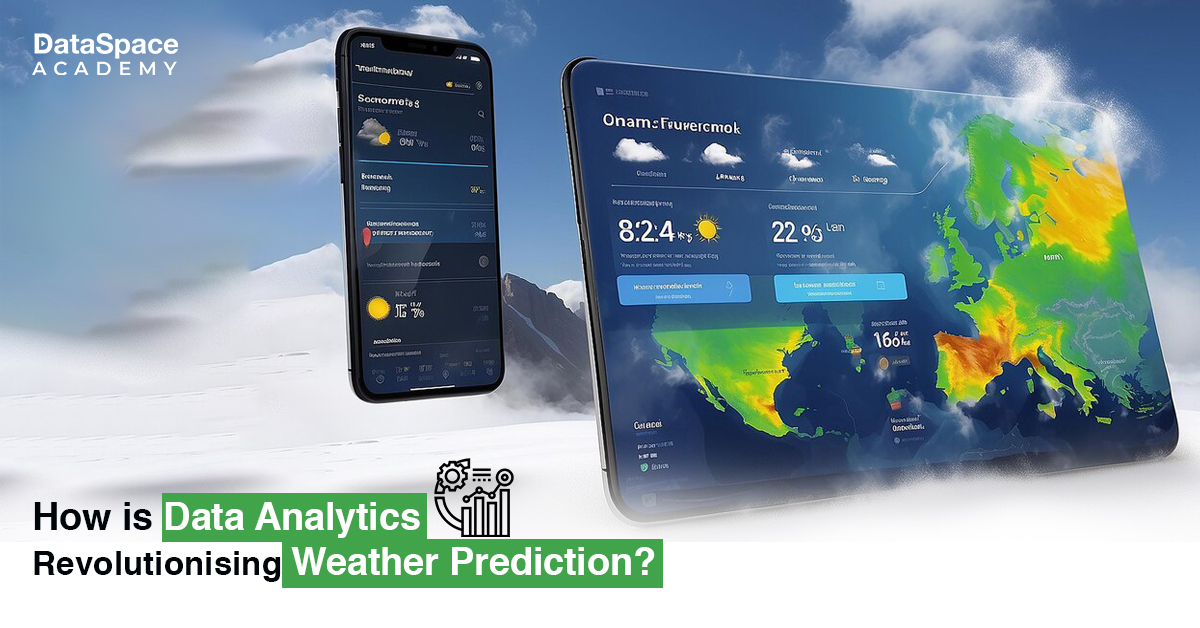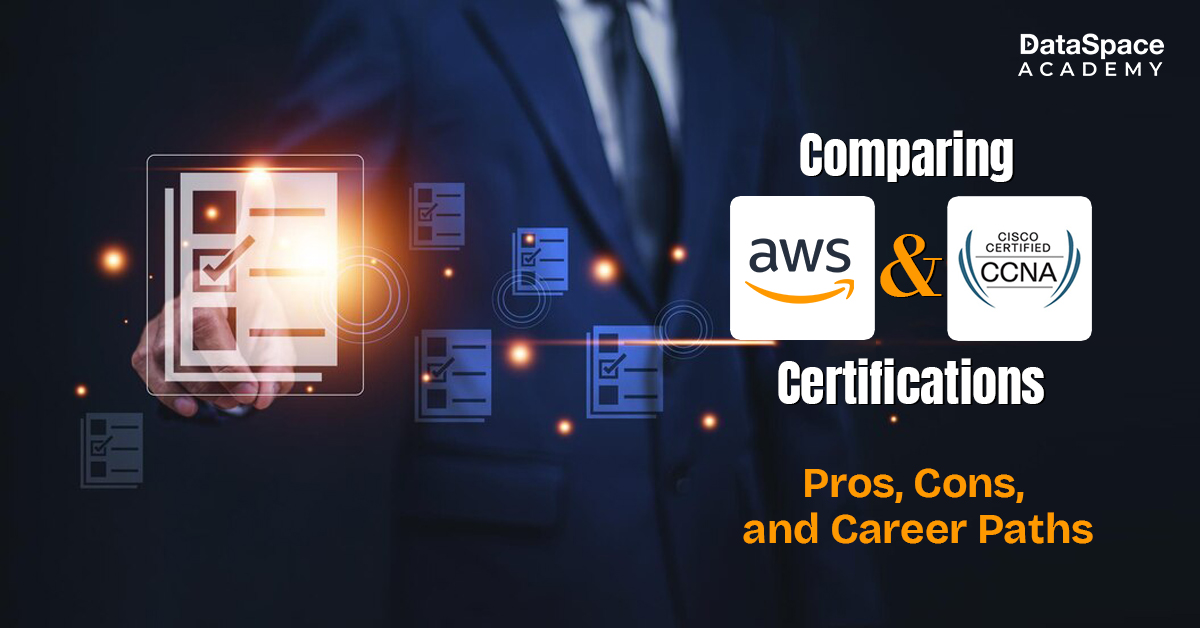10 Popular Data Analytics Terms Every Analyst Should Know
Last Updated : 16 Oct, 2024
 32.32K
32.32K
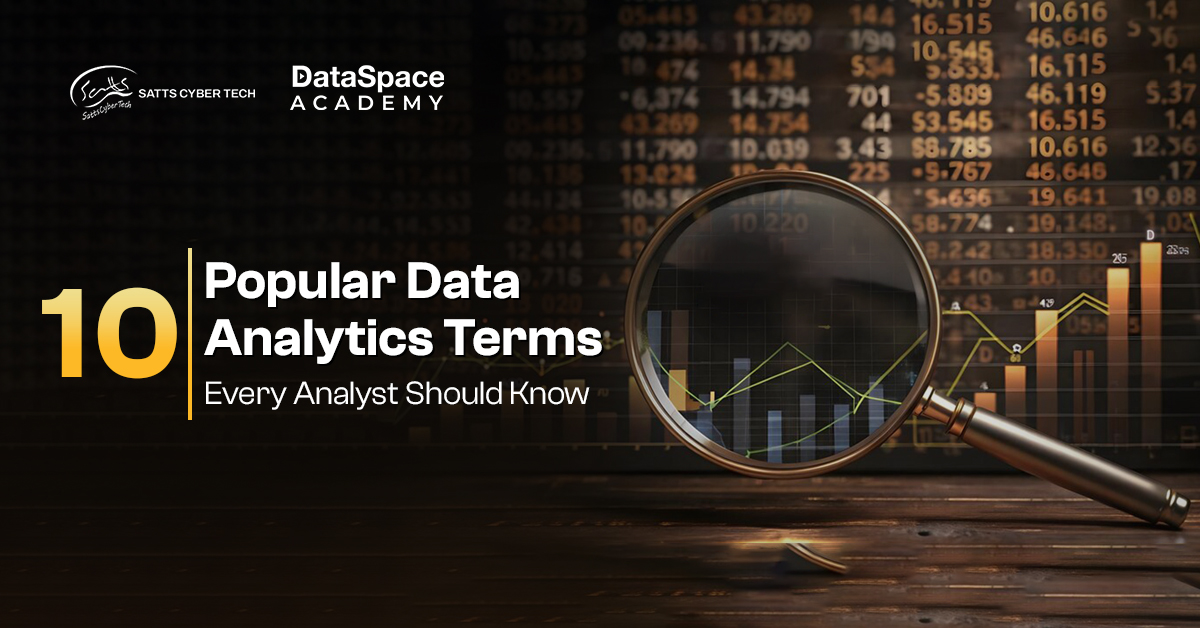
Introduction
Data analytics is a a versatile and complex terrain but grasping the trending data analytics terms can speed up your learning curve. This ever-evolving domain is constantly adopting newer industry buzzwords based on the latest data analytics concepts, tools, and innovations like AI, ML, and automation. If you’re passionate about launching a career in data analytics, you must learn about trending data analytics terminology to stay competitive. Let’s get rolling.
Growth of data analytics domain
The data domain is experiencing exponential growth.
According to Statista, the global big data market is expected to reach $103 billion by 2027, growing at a compound annual growth rate (CAGR) of 11% from 2022 to 2027. The demand for skilled data analysts is booming, driven by the global inclination to data for better decision-making, and enhanced customer experience.
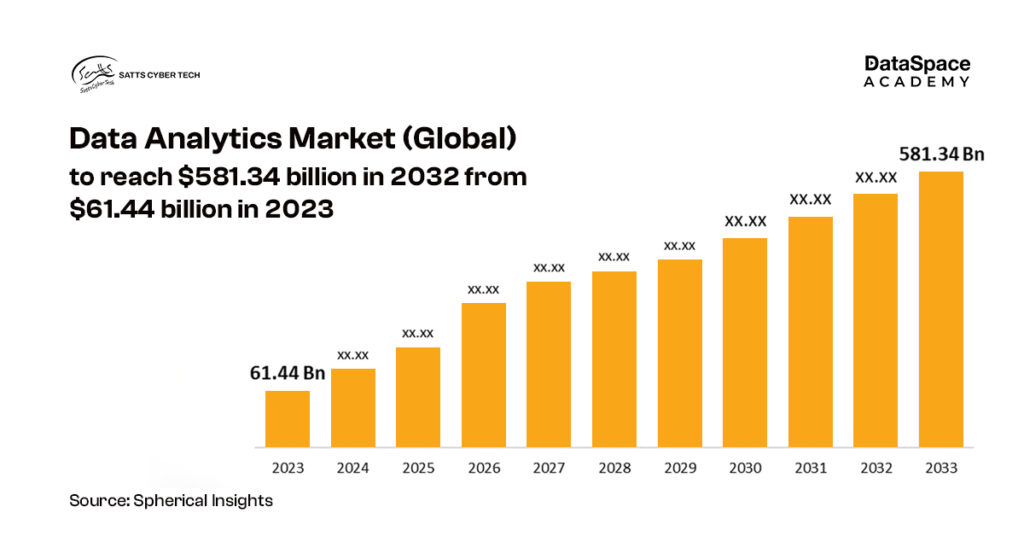
For aspirants and professionals, staying updated with key industry buzzwords is crucial. Terms like Artificial Intelligence (AI), Machine Learning (ML), big data, data governance, predictive analytics, and data visualisation are shaping the future of the field. Comprehending these concepts is essential for navigating trends in automation, advanced analytics, and cloud-based solutions. Additionally, buzzwords related to data ethics and privacy are gaining relevance due to regulatory changes and increased focus on responsible data use. Mastery of these concepts positions professionals as competitive and industry-ready in the fast-evolving world of data analytics.
Significance of learning data analysis terminology and concepts
Learning terms used in data analytics is crucial for anyone who wants to enter the field, as it forms the foundation of effective communication and problem-solving. Understanding key terms like “data cleaning,” “correlation,” “regression,” and “data visualisation” helps you engage with the tools and techniques used in data-driven decision-making. This knowledge enables you to accurately interpret and analyse data, transforming raw information into actionable insights.
By mastering these concepts, you’ll be able to collaborate more effectively with data scientists, analysts, and business stakeholders. It will also instill confidence in you while working with large datasets, choosing the right analytical tools, and presenting findings clearly. Moreover, a solid grasp of data analytics terminology will empower you to think critically and ask the right questions.
Top Data Analytics Terms
So, without delaying any further, here we present a compilation of the most-used data analytics terms you must know:
- Augmented Intelligence
- Business Intelligence (BI)
- Cloud Computing
- Data Architecture
- Data Democratisation
- Data Engineering
- Data Lake
- Embedded Analytics
- Geospatial Analytics
- Predictive Analytics
Augmented intelligence is the collaboration between human intelligence and AI, enhancing decision-making and problem-solving. It supports humans by amplifying their capabilities, offering insights, and improving efficiency without replacing human input.
Leverages software and services to help businesses make informed decisions through data analysis and actionable information.
This technology allows businesses and individuals to access and store data online instead of on local servers. It offers flexibility, scalability, and cost-efficiency, enabling seamless collaboration and real-time access to resources.
This is one of the popular terms used in data analysis. Data architecture refers to the comprehensive plan for the flow of data within an organisation, from its inception to the point where it delivers value through analytics.
The concept of data democratisation empowers all business users, regardless of technical skills, with the ability to access and interpret data for quicker, data-driven decisions.
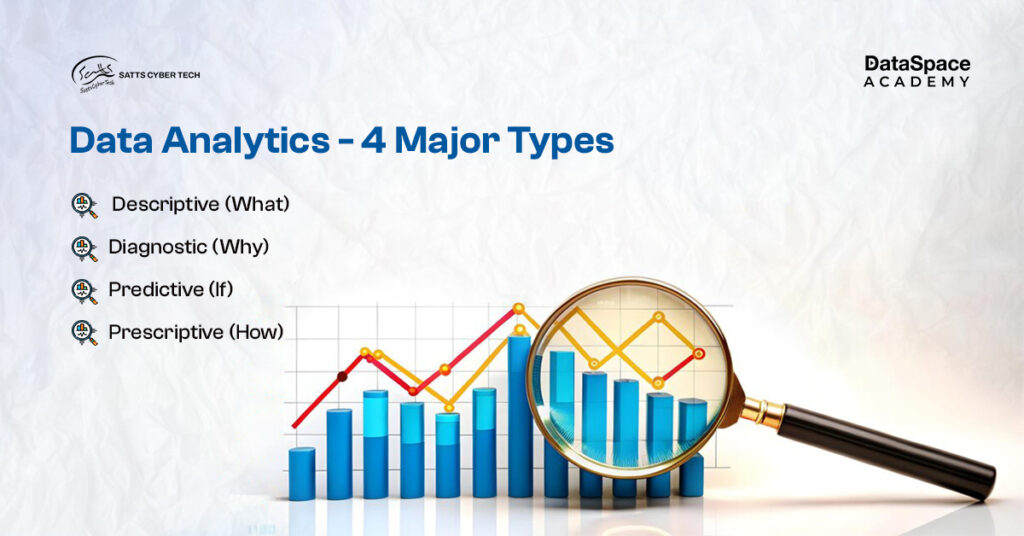
The concept revolves around transforming unrefined data into actionable and valuable information through various activities like – data collection, extraction, organisation, ingestion, storage, migration, transformation, and integration.
It is a versatile storage solution that handles diverse data types—structured, semi-structured, and unstructured, without the need for extensive modelling. Data Lake supports activities such as reporting, analytics, and machine learning; can be hosted in data centres or the cloud.
It integrates analytics directly into workflows or applications, enabling users to take action instantly. It can also embed workflows within analytics platforms, streamlining tasks like adjusting reorder thresholds based on data insights.
It processes and visualises GIS data, such as GPS and satellite images, to build geographic models. Geospatial Analytics enhances trend prediction by providing insights that traditional data visualisation techniques may overlook.
This is an advanced method that forecasts future outcomes by analysing past data through statistical methods, data mining, or machine learning. The goal is to identify patterns and trends that indicate likely events.
Master these trendy data analytics terms by enrolling in our industry-leading data analytics certification courses where you can learn from the industry gurus.
Conclusion
If you are aspiring to be a data analyst, an in-depth knowledge of data analytics terms will do much to boost your competitive edge. Mastering concepts like data mining, machine learning, and data visualisation helps professionals stay competitive and innovate in their fields. Understanding analytics terminologies is necessary for businesses too as organisations are consistently adopting a data-driven culture today.
By developing a solid grasp of these terminologies, businesses can optimise operations, enhance customer experiences, and drive growth. Ultimately, a strong command of data analytics language empowers individuals to thrive in this dynamic, tech-driven landscape.
 32.32K
32.32K

